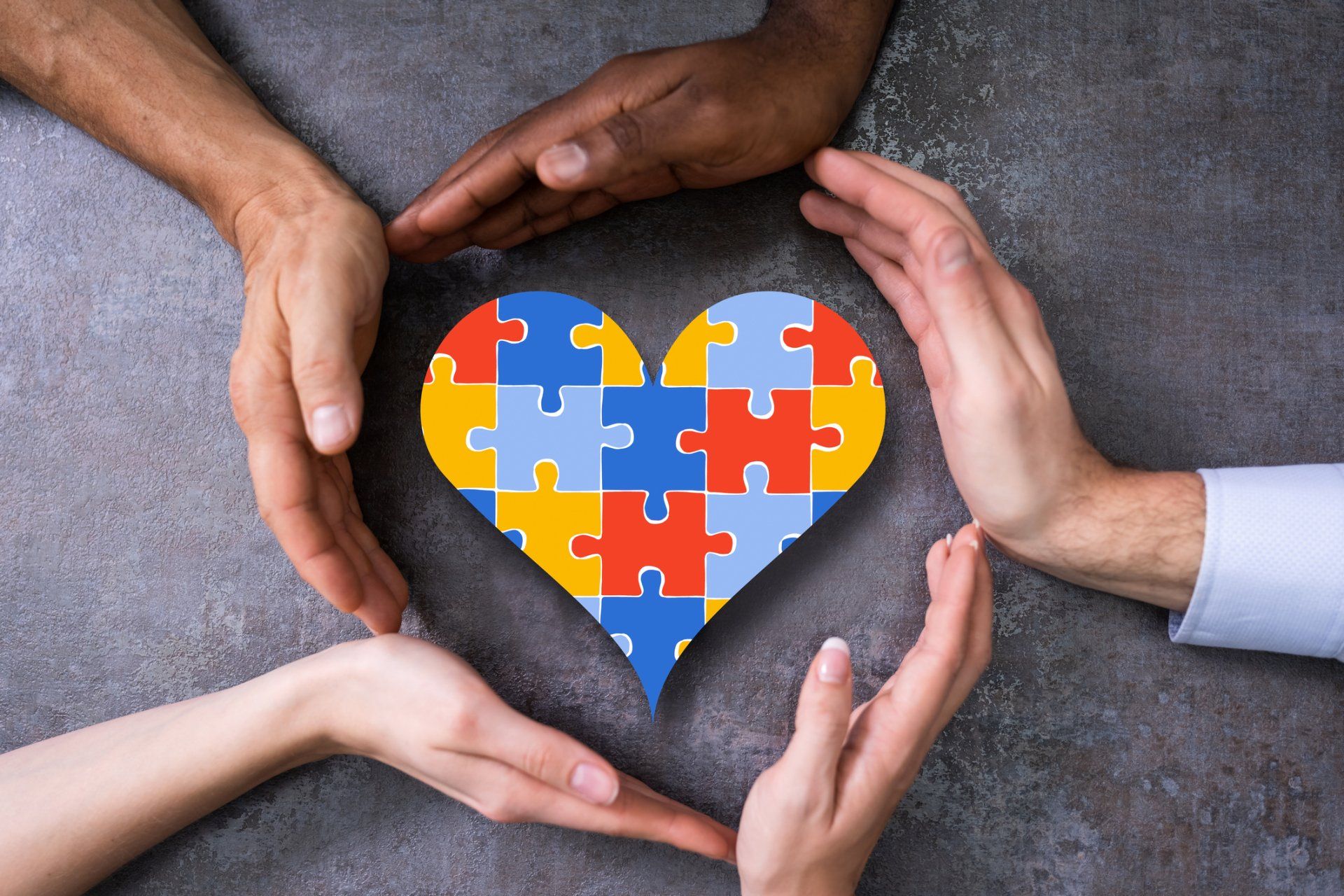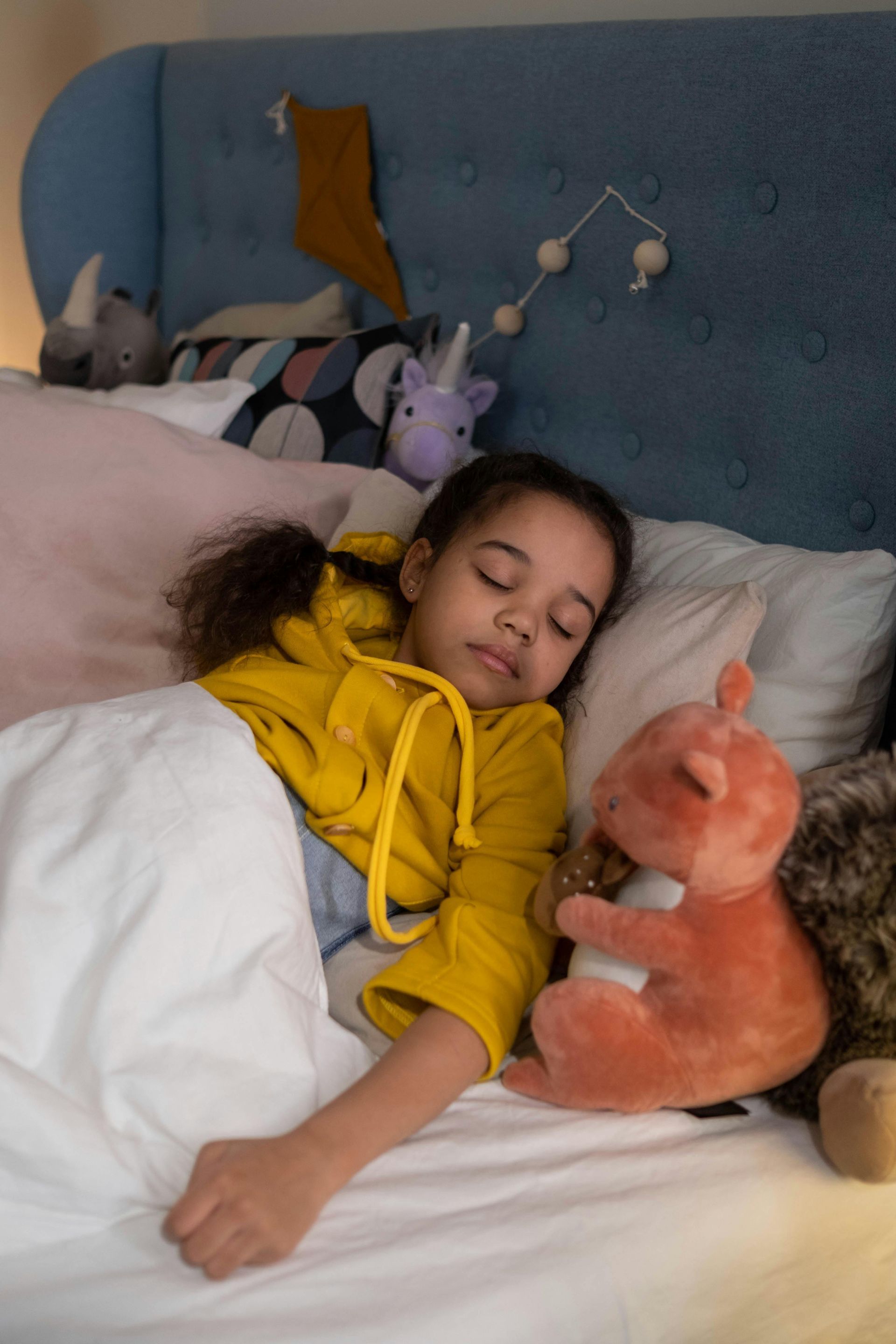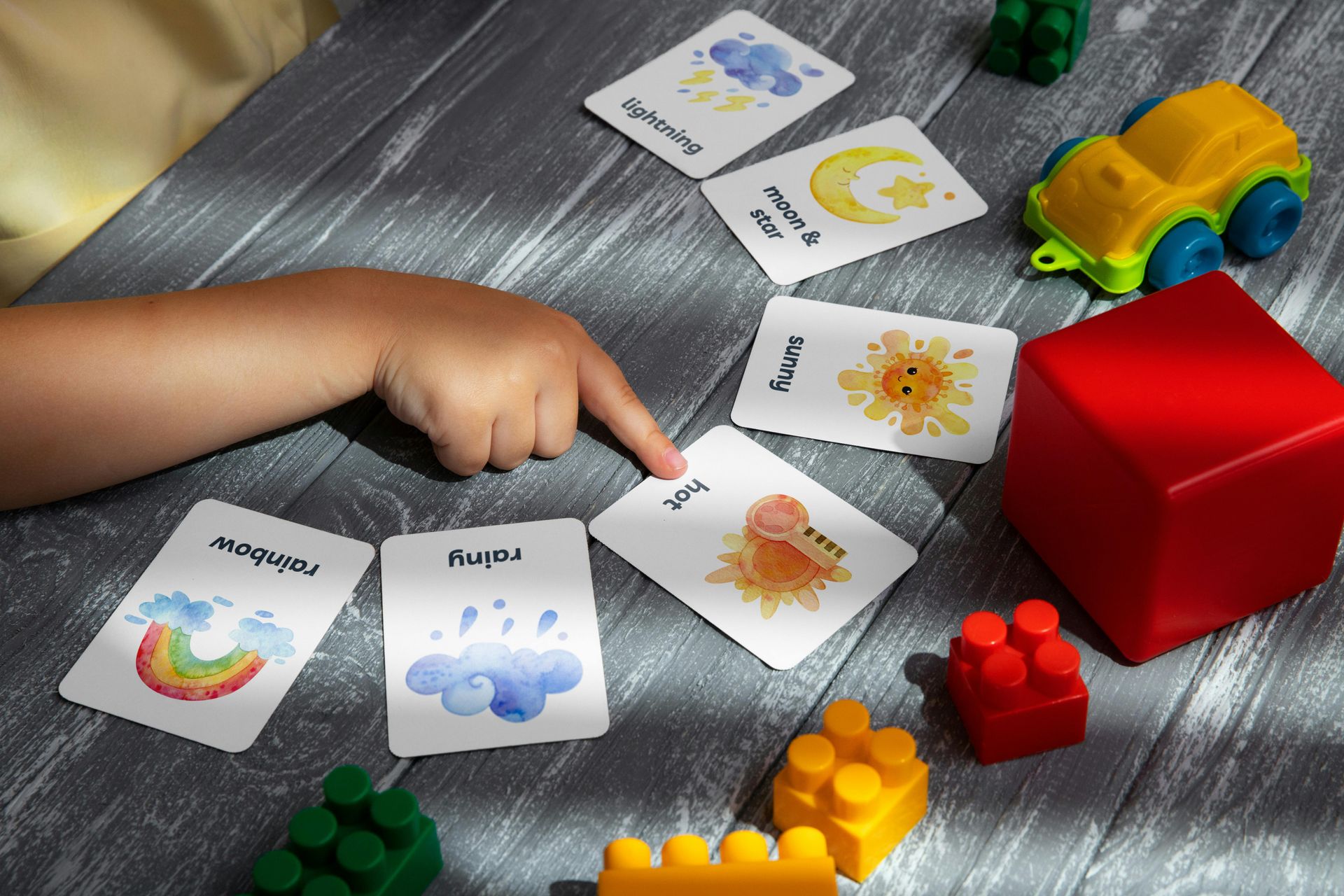How To Tell Your Child They Have Autism and Why
How To Tell Your Child They Have Autism and Why

Children with autism can learn about their diagnosis in a variety of ways. Young children might overhear conversions about the fact they have autism, while older children sometimes may read up on autism on their own and already have a sense of what it is they are experiencing. Every child with autism has a different situation, though generally, children who do not know about their diagnosis are more likely to become anxious and depressed along with other mental challenges. Discussing an autism spectrum diagnosis with your child is important and will give them a better understanding and the motivation to drive through challenges.
Why It’s Important to Tell Your Child They Have Autism
Autism children benefit from knowing their diagnosis. It helps them understand who they are and gives them information to better help understand their differences, particularly with their peers. Children can sense that they are different and not telling them is not helping them. Many children are relieved to have an explanation for their differences and it can be reassuring that others people share similarities.
Children Who Know They Have Autism Can Open Up and Ask Questions
Autism spectrum disorders are complex, and every diagnosis is unique. It can be hard to decide how much information to share with your child. A good place to start is with any questions your child may have. Make sure you understand what they are asking and take into consideration your child’s ability to process information. With that in mind decide what and how much to tell. Most children need minimal information to start with and more information added over time. A great starting place is to set a positive tone about each family member’s uniqueness and differences. Everyone is unique, and this can make it easier to talk about their differences along with other people and family members’ differences.
Sharing a Diagnosis Can Help Create a Community
Once you have shared with your child they have autism, you can let them know there is help for some of their challenges. There are support groups, local community organizations, and online forums. You can now freely connect with other families who have children with autism. Helping your child connect with other children on the spectrum helps them not to feel alone. Social group activities are a fun way to enhance their physical and mental development.
To find out more about in home ABA Therapy contact Positive Reinforcement today. Servicing North Virginia, West Virginia. Now providing ABA Therapy in Richmond Virginia.










